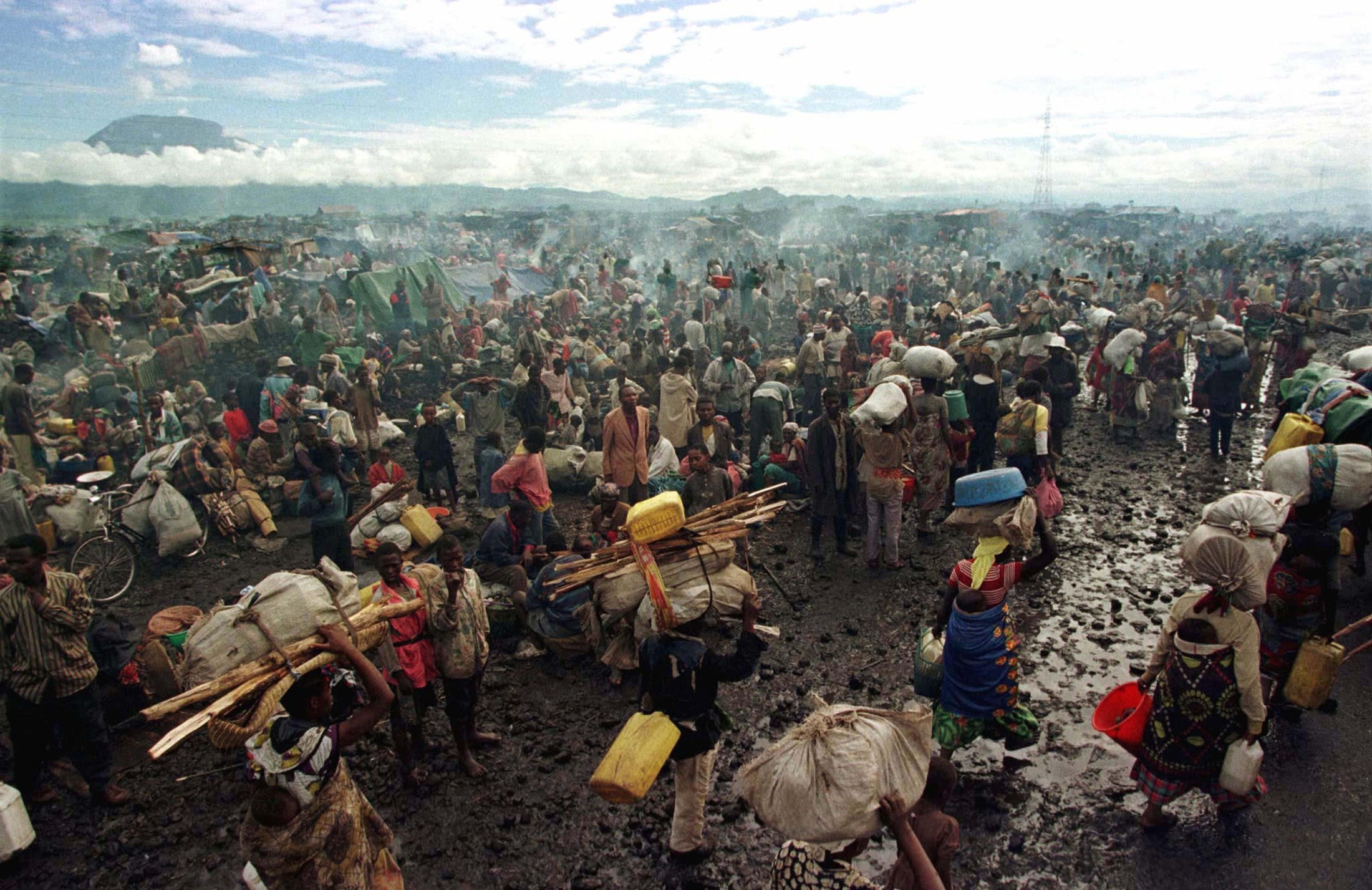
The aim of the course is to introduce students to the politics of forced migration and humanitarian responses, the diversity of lived experiences among refugees, as well as contemporary debates about ‘durable solutions’ in the face of protracted crises.
Causes: The first section critically examines the causes of displacement. It challenges notions of mono-causality in favour of a more complex and dynamic understandings of why people move. We focus on two debates: first, the contested relationship between conflict and displacement, and second, the complex connections between environmental stress, climate change, and migration.
Responses: The second section examines international responses to forced migration. It examines the power and politics of the UN agency with a specific mandate for refugee protection and relief, the UNHCR, as well as the intersection between human rights and refugee law, and the contested relationship between humanitarianism and politics in contexts of forced displacement. We explore how displaced populations have been framed as security threats, and the way that this shapes both international responses and refugee experiences.
Experiences: The third section explores lived experiences of forced migration. It considers how experiences of flight, encampment, and exile can be mediated and shaped by factors such as gender, race, age, sexuality, ethnicity, and class. Drawing on ethnographic approaches, we consider processes of meaning-making and political mobilization during displacement, and the differing experiences of people living in refugee camps and urban settlements.
‘Solutions’: The final section examines contemporary policy attempts at ‘solving’ protracted crises, and the limitations of these approaches. We consider existing practices and experiences of local integration, voluntary repatriation/return, and resettlement, and ask what it might mean to rethink these ‘durable solutions.’
